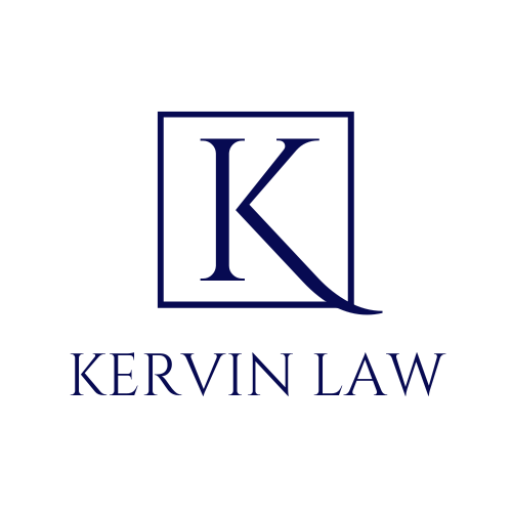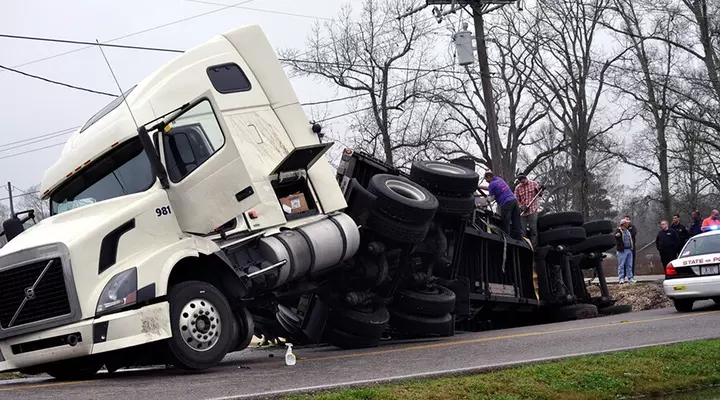Category: Personal Injury Law
Does the federal government regulate seatbelts? You betcha! Here are a few of their awesome regs for your perusal: 1. Federal Seat Belt Regulation 49 CFR Part 392.16: Requires all commercial vehicle drivers to wear a seat belt when operating on public roads. 2. Federal Motor Vehicle Safety Standard No. 208 (FMVSS 208): Requires automotive…

Is it illegal to text and drive in Louisiana? Distracted driving can lead to car accidents. So we ask is it legal to text while driving in Louisiana? Let’s take a look at the full text of La. R.S. 32:300.5 which deals with texting and driving in Louisiana: §300.5. Use of certain wireless telecommunications devices…

Call 985-888-0640 to speak to a Covington truck accident attorney for a free consultation. If you are looking for a Covington truck accident attorney because you have been injured by an 18 wheeler, call us today. Because 18 wheelers can weigh up to 100,000 pounds (50 tons!), they can cause very serious bodily injuries to…

Call 985-888-0640 to speak to a personal injury lawyer. What types of cases does a personal injury attorney handle? Personal injury law covers a wide range of legal claims that arise when one person’s negligence, recklessness, or intentional conduct causes harm to another person. Some of the different types of personal injury law include: Car…




